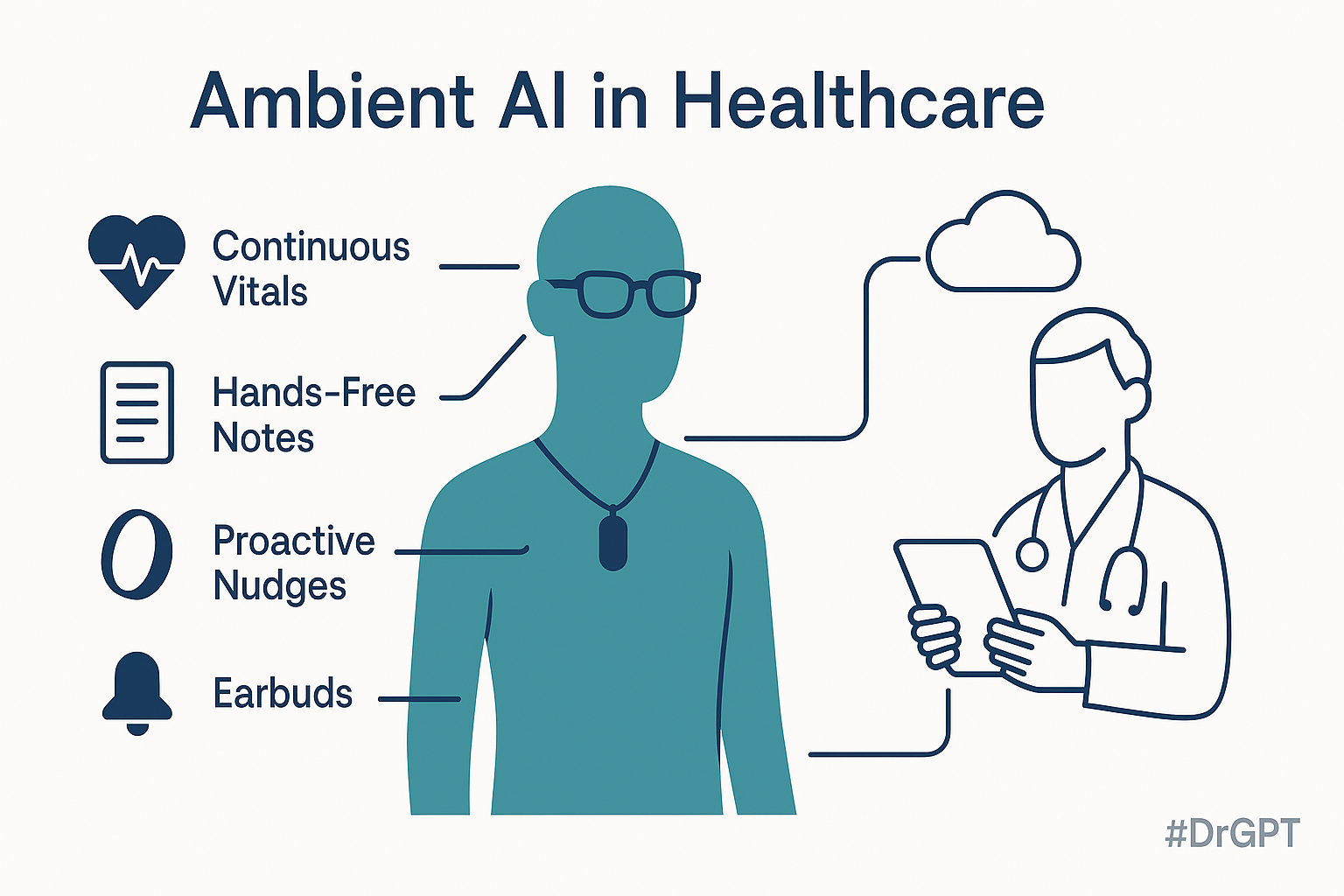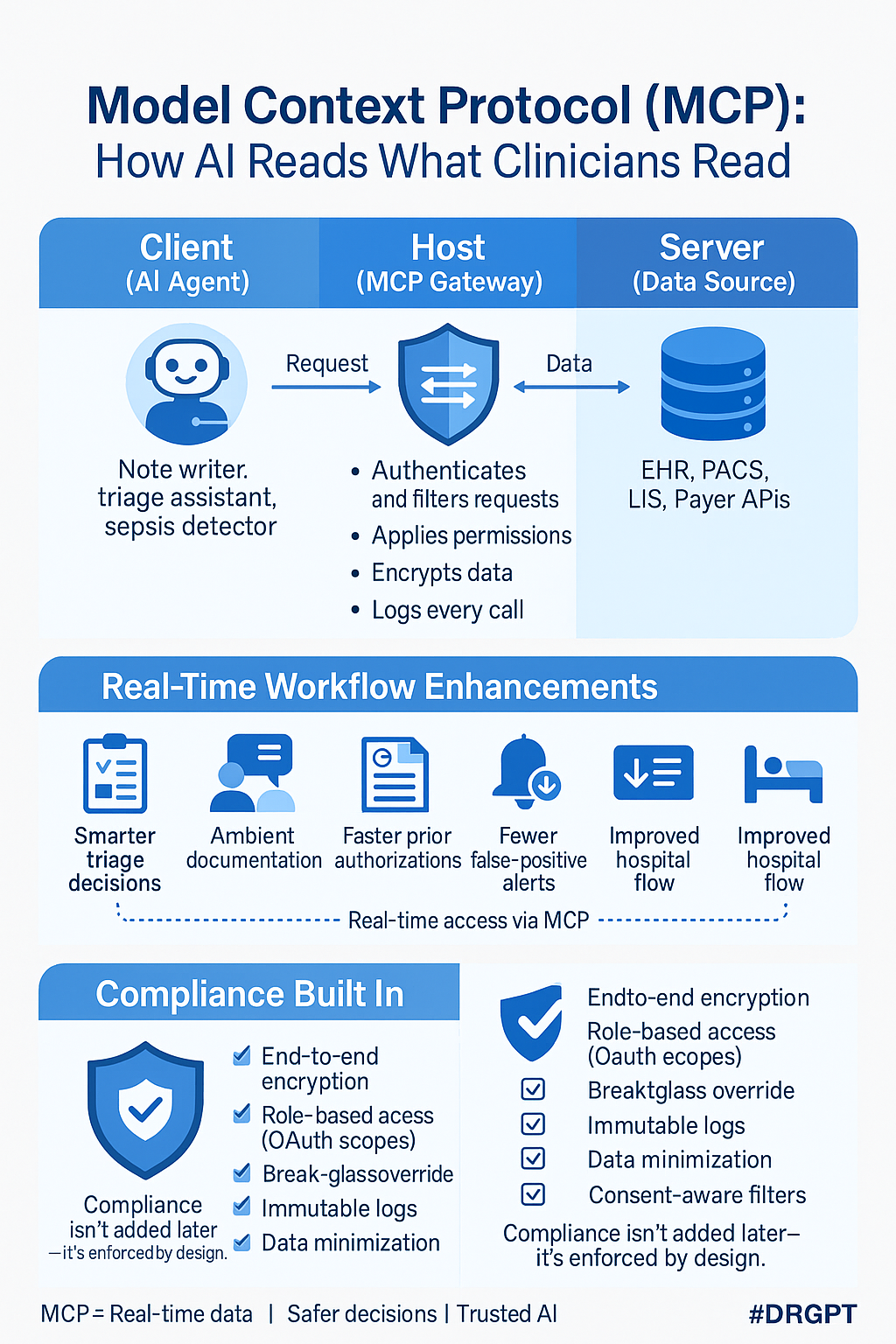How self-improving AI systems are redefining intelligence and what it means for health care
Artificial intelligence is rapidly evolving, poised to reshape research, health care delivery, and medical decision-making. A new interactive slideshow delves into this shift, highlighting self-improving AI systems like the Darwin Gödel Machine and autonomous AI development.
Here are the key takeaways and their implications for medicine and beyond.
The age of self-improving AI has arrived.
Until recently, AI systems relied heavily on human engineers to design and tune their capabilities. That’s changing. The …













![AI censorship threatens the lifeline of caregiver support [PODCAST]](https://kevinmd.com/wp-content/uploads/Design-2-190x100.jpg)
